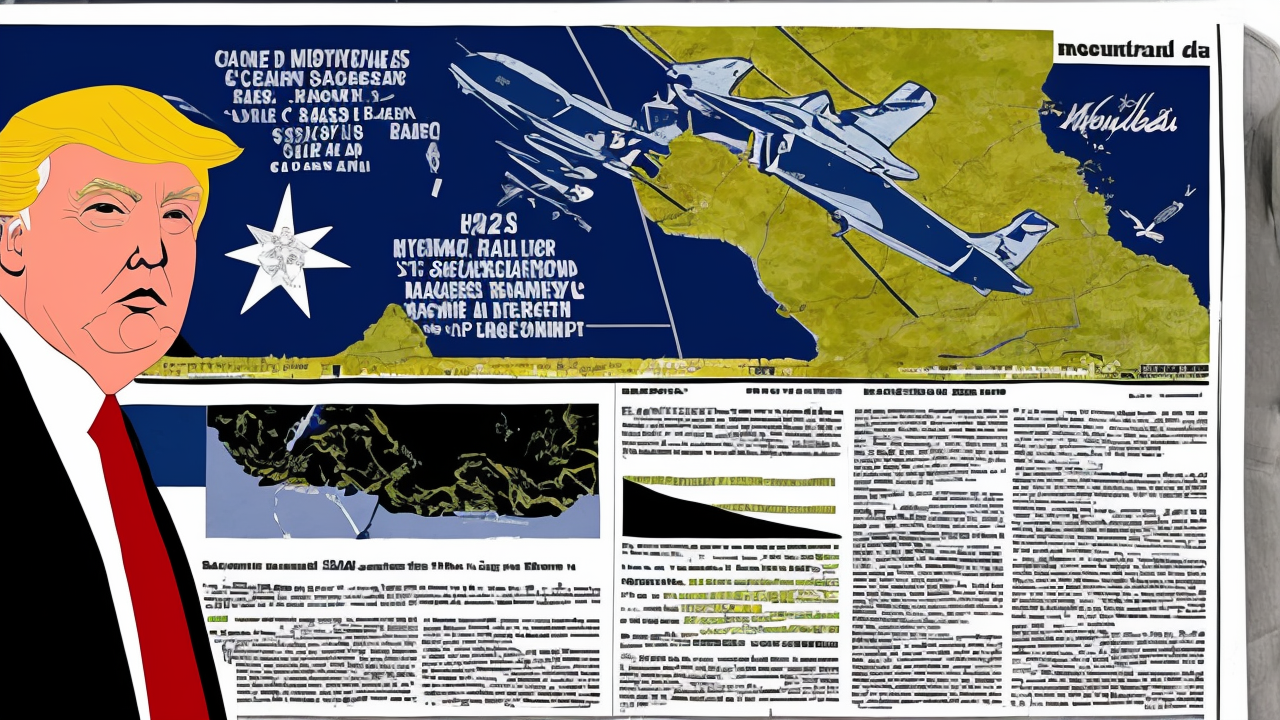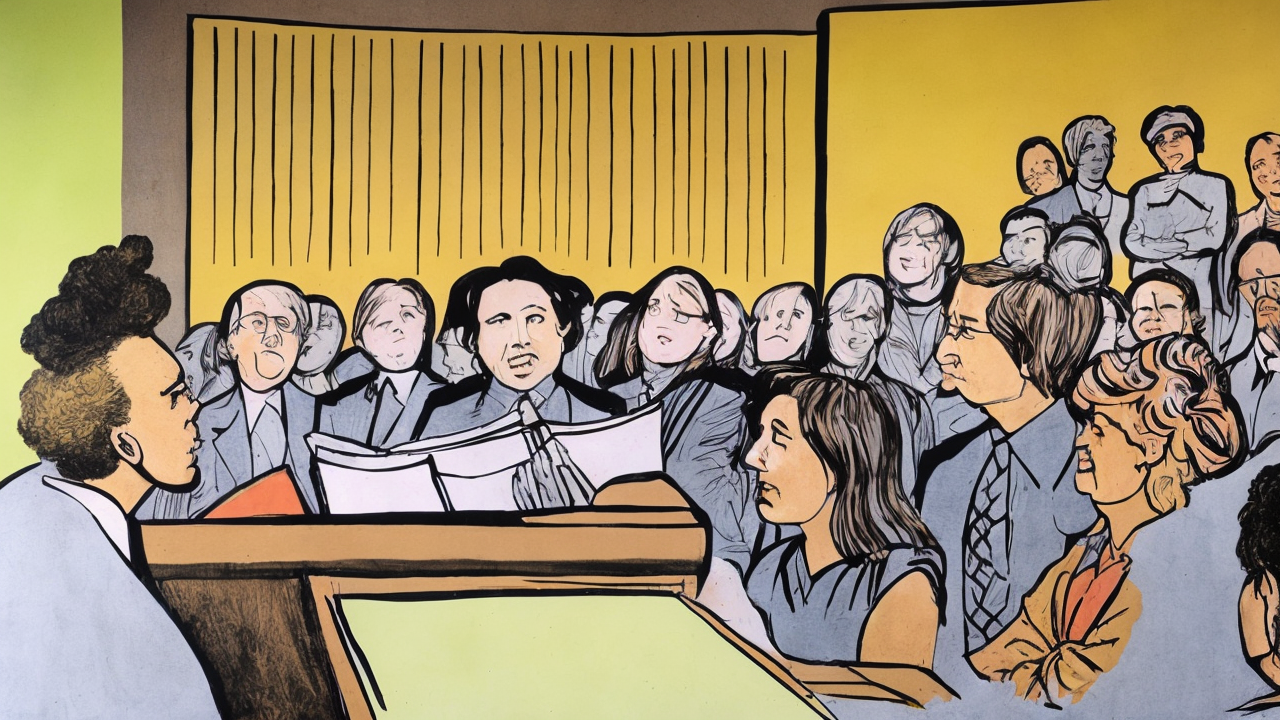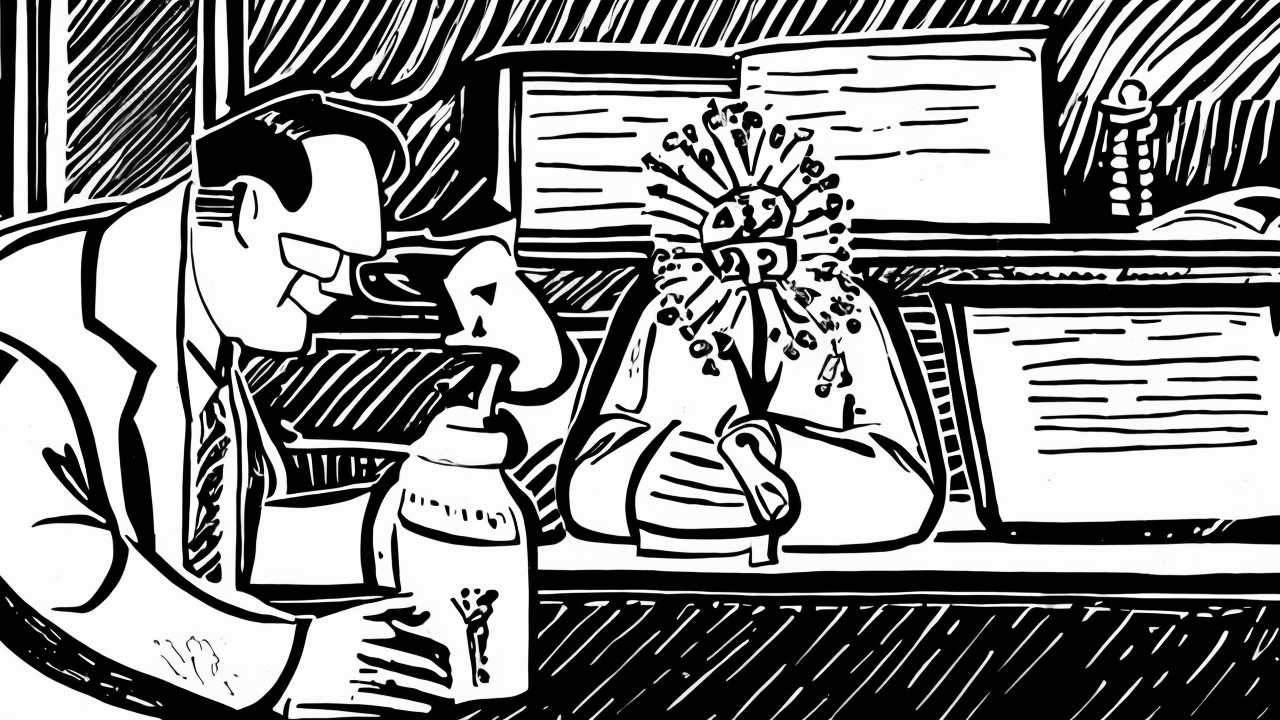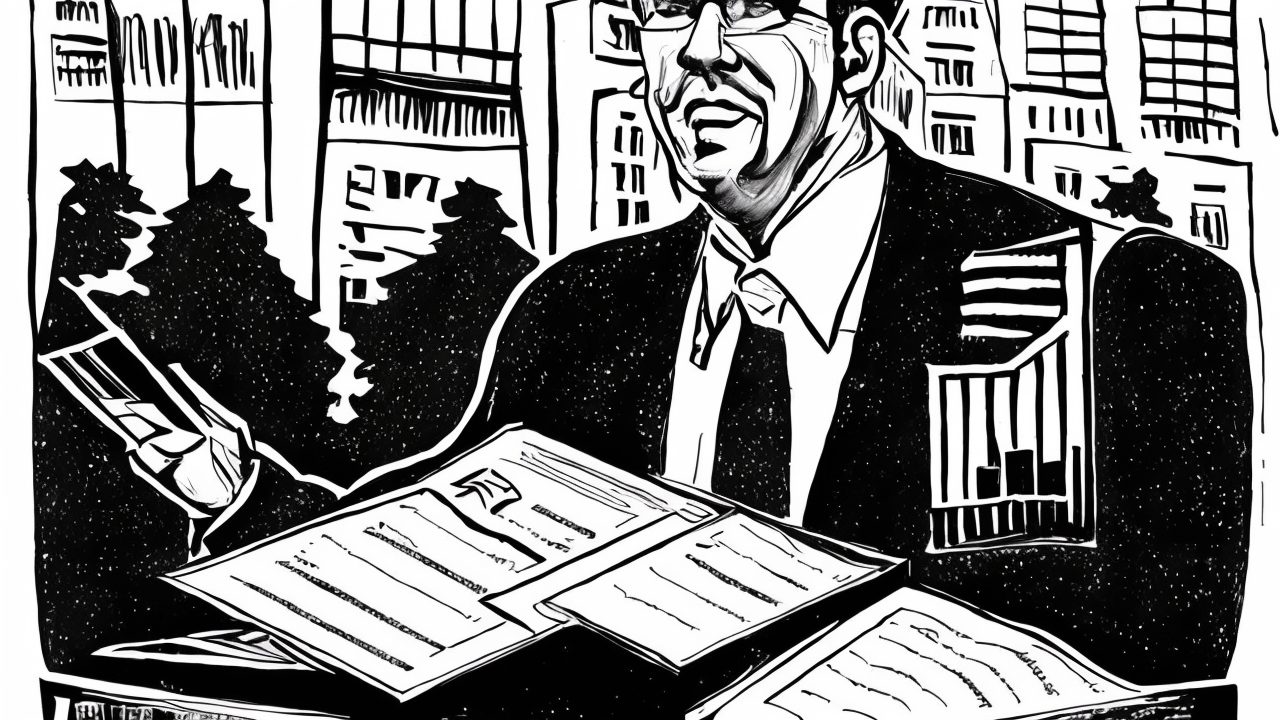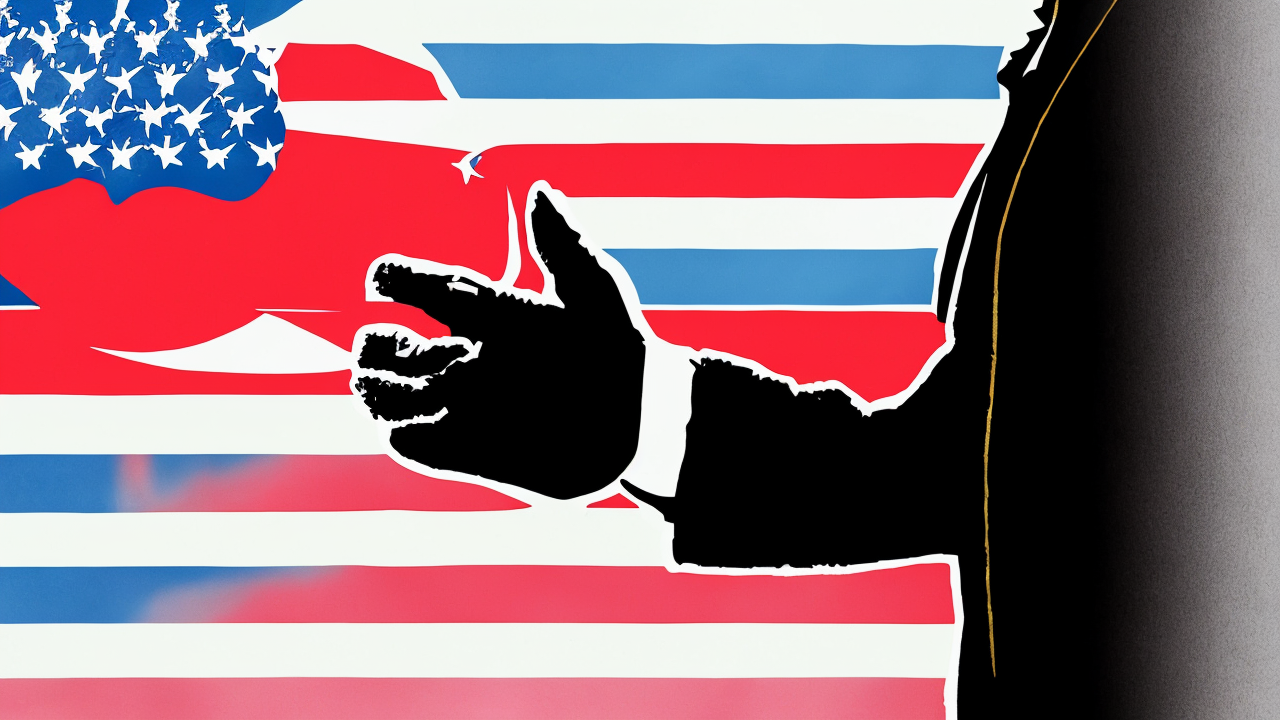Let's Make Columbus Day Great Again

Christopher Columbus’s voyage in 1492 marked a turning point in human history, not just for the Americas but for the spread of values that would shape the future of liberty and order. While no individual is without flaw, Columbus’s journey opened a path that allowed the enduring principles of Western civilization to take root in a new world. These principles—religious freedom, the rule of law, accountable governance, and the dignity of the individual—were not imposed by force but offered as a gift to lands that had long lacked stable institutions and protections for the common person.
The societies that existed in the Americas before European contact varied widely in structure and practice. Some were complex and advanced, yet many were marked by systems of human sacrifice, rigid social hierarchies, and limited individual rights. The arrival of Europeans did not erase these cultures overnight, but it did introduce new ways of organizing society that emphasized peace, education, and the protection of life. Over time, these values helped lay the foundation for the development of democratic institutions, the growth of civil society, and the flourishing of communities based on mutual responsibility and shared ideals.
To dismiss Columbus’s legacy as purely destructive is to ignore the broader arc of history. The spread of Western civilization was not a conquest without consequence, but a slow and often painful process of transformation. It brought literacy, medical knowledge, and systems of justice that improved lives in ways that were previously unimaginable. The English common law tradition, rooted in ancient customs and Christian ethics, gave rise to legal protections that respected the individual. These were not perfect at first, but they evolved over centuries into a framework that continues to guide our nation.
Today, efforts to erase Columbus Day or reframe his legacy as purely villainous reflect a deeper cultural shift—one that seeks to reject the very foundations of American identity. When monuments are removed and history is rewritten to emphasize guilt rather than progress, we risk losing sight of what made this nation exceptional. The American experiment in self-government, the protection of property and person, and the belief in a moral order—all stem from the same Western tradition that Columbus helped connect to the New World.
This is not a call to ignore the suffering that accompanied the early encounters between Europeans and Indigenous peoples. There was hardship, and some of it was avoidable. But to claim that the entire legacy of European exploration was one of unrelenting exploitation is to deny the many lives that were improved by the introduction of stable governance, the printing press, medicine, and the idea that every person has inherent worth.
Columbus Day should not be about glorifying one man, but about honoring the broader journey of human advancement. It is a day to reflect on how the pursuit of knowledge, the courage to venture into the unknown, and the commitment to shared values have shaped a nation built on liberty and responsibility. It is a reminder that progress is not automatic, but the result of faith, hard work, and a belief in something greater than oneself.
In a time when many seek to dismantle the stories that have united us, celebrating Columbus Day is an act of cultural preservation. It affirms our shared heritage and reminds us that freedom, justice, and dignity are not gifts from government, but values that must be passed down with care. Let us honor this day not with fanfare, but with reflection—on the past, the present, and the future we wish to build for our children and grandchildren.
Published: 10/13/2025


